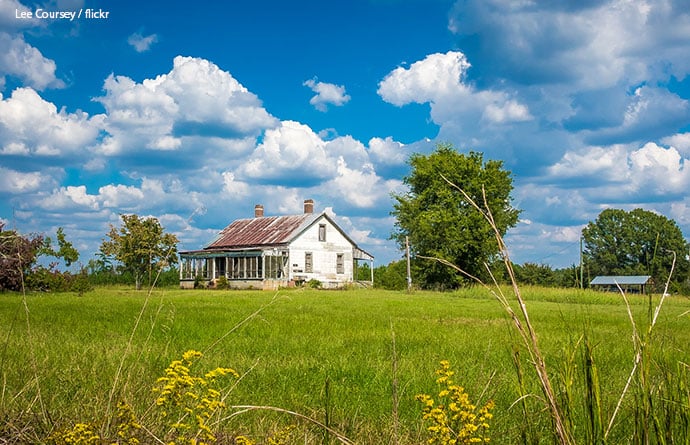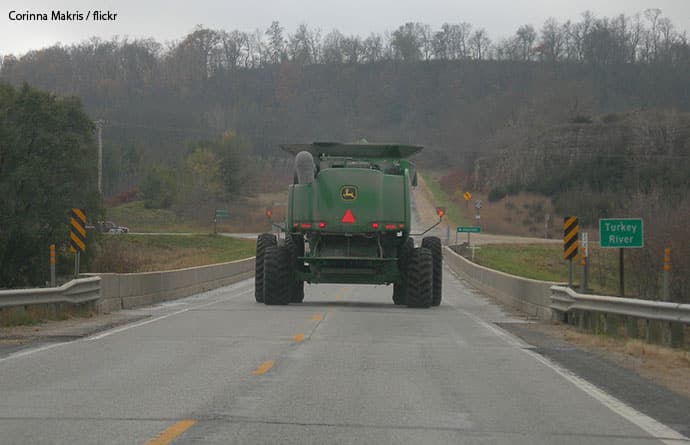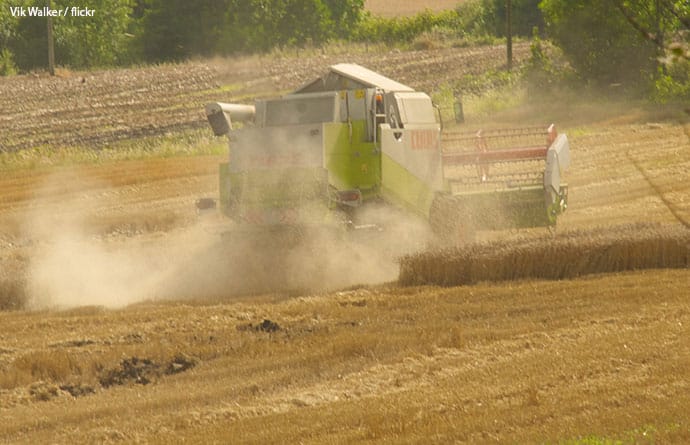
Do you enjoy the vibrancy of city life, or do you dream of peace and quiet?
Are you fascinated by towering skyscrapers and bright neon lights, or do you prefer the open sky and gentle moonlight?
If you find yourself leaning toward the second option, it may be time to consider leaving the city behind and moving to the country.
For some, rural living may seem dull or isolating, but for others, it’s the perfect escape: cleaner air, more space, lower costs, and a closer connection to nature.
Still, before packing up, it’s important to look at both the advantages and disadvantages of life in the countryside.
This guide covers everything you need to know before making the move, so you can decide whether rural life is right for you.
Benefits of Moving to the Country

Living in the countryside offers a refreshing alternative to fast-paced urban life. Here are some of the top reasons people move to rural areas:
1. A Healthier Lifestyle
- Cleaner air: Rural areas typically have less pollution and more greenery. Studies show air quality in the country can reduce risks of asthma, allergies, and heart disease. (But research the area; some rural towns still have nearby factories.)
- Closeness to nature: Walking in forests, fields, or along rivers lowers stress and boosts mood. Outdoor activities like hiking, biking, and gardening also keep you fit.
- Access to fresh, organic food: Farmers’ markets and local farms provide fresh produce, dairy, and meat. Many people even grow their own food, saving money while eating healthier.
- Reduced stress: Away from traffic jams and constant noise, your mental health benefits from a slower pace of life.
2. Less Stress and More Peace
The countryside offers:
- No sidewalk crushes. There is space all around you.
- A slower pace of life, with the opportunity to appreciate your surroundings.
- Lower noise and light pollution which improves sleep quality and overall well-being.
- Just looking out over the countryside will give you inner peace and serenity.
3. Higher Safety
- Crime rates are generally lower in rural communities. Neighbors often know one another, which creates a watchful, supportive environment.
4. More Affordable Living
- Housing costs: Rural homes are usually cheaper than the price of similar city properties.
- Lower taxes and utilities: Property taxes, insurance, and even groceries tend to cost less outside metropolitan areas.
- Savings potential: With fewer luxury temptations, it’s easier to avoid overspending.
5. More Space
- Bigger yards, larger homes, and room for hobbies, whether it’s gardening, a home workshop, or simply a safe place for kids and pets to play.
6. Friendlier Communities
- Many people report stronger social ties in rural areas. Neighbors are more likely to greet you, offer help, and invite you to local events.
You may also like to read: Moving Home After Retirement. Many people think about moving to the country after they retire. In this guide, we look at the pros and cons of moving in retirement.







My husband and I have been thinking about moving to the country for some time now, but we’re still hesitating… Space and clean air and less crime – it all sounds great, but what about amenities and events? I can’t imagine driving for miles to see a doctor – or to see a movie. I like peace and quiet, but I also like convenience. I’m not sure if I will be able to get used to life in the country. Has any of you have been in a similar situation? How did it turn out?
Yes I came from the country. Everything in this article is true. Long drives, lonelyness, etc. I came from Oklahoma. Some of my neighbors of course they live miles away were very weird from being in the country for to long. I live in Melbourne beach fl now And have the convenience. I don’t get to hunt anymore or raise anmails but that’s ok it was work all the time. In Florida here I’m around a bunch of weirdos. But it’s ok I guess.Its Whatever you make of it where ever your at. Good and bad about everything.More opportunities in the city more opportunities in the city.
Well said, but there truth is country side is the best way to go. Just in case you planned for it in teams of saving. U can design any lifestyle u want in case our open minded and a team builder. With your community members u can try to put all things u want in the community together. It’s a matter of understanding and communication to each other.
I agree with Ssekandi
Yes! I moved to the country after 40 years living in the city, personally it was the best choice I’ve done in my life. After 15 years living in the country I can say that is great, but the biggest issue is that there is nothing, for arriving to have something that is not a basic thing you need to get the car and go to the city. But I personally think that is worth it to sacrifice this little details so you can have a paceful and more healthy live in the country.
An automobile is an absolute must! No or very limited public transportation!
I’ve lived in Chicago/Milwaukee most of my life.
The City offers alot of entertainment and educational opportunities.
Jobs are plentiful as well.
Now for the past 12 years I have lived in North Dakota.
There are more people in the city of Milwaukee than this entire state.
It takes me 15 minutes to drive 12 miles to the hospital.
Ironically it took me 15 minutes to drive 3 miles to the hospital.
It took me an hour to drive to the hardware store that was 20 miles away in Mikwaukee.
Now it takes me 15 minutes to drive to the hardware store that’s 13 miles away.
I get 28 mpg in my 2005 Acura with a V6 in North Dakota.
But in Milwaukee I get a paltry 16 mpg.
My efficiency drops in half due to slow speeds and frequent stop&go traffic.
So you see. There are pros and cons.
I have no desire to move back to any big cities. It takes me over an hour to drive to work in most cases due to the distance. My employer compensates me by paying for part of my drive time plus a company vehicle.
When I visit Milwaukee. Everyone drives like they are being chased.
My Acura is quick. But I just keep up.
I’m anxious when I’m there and really want to go home.